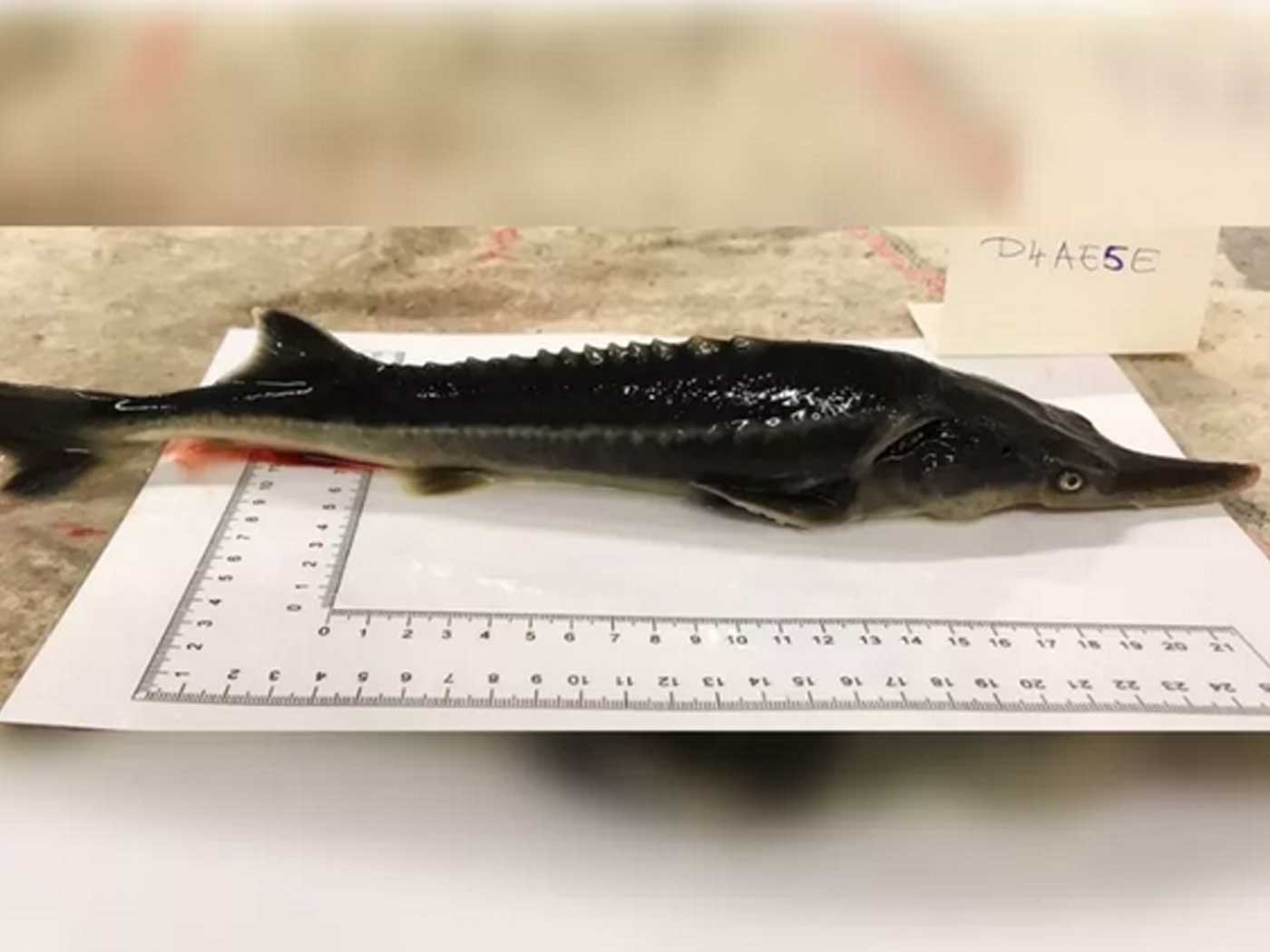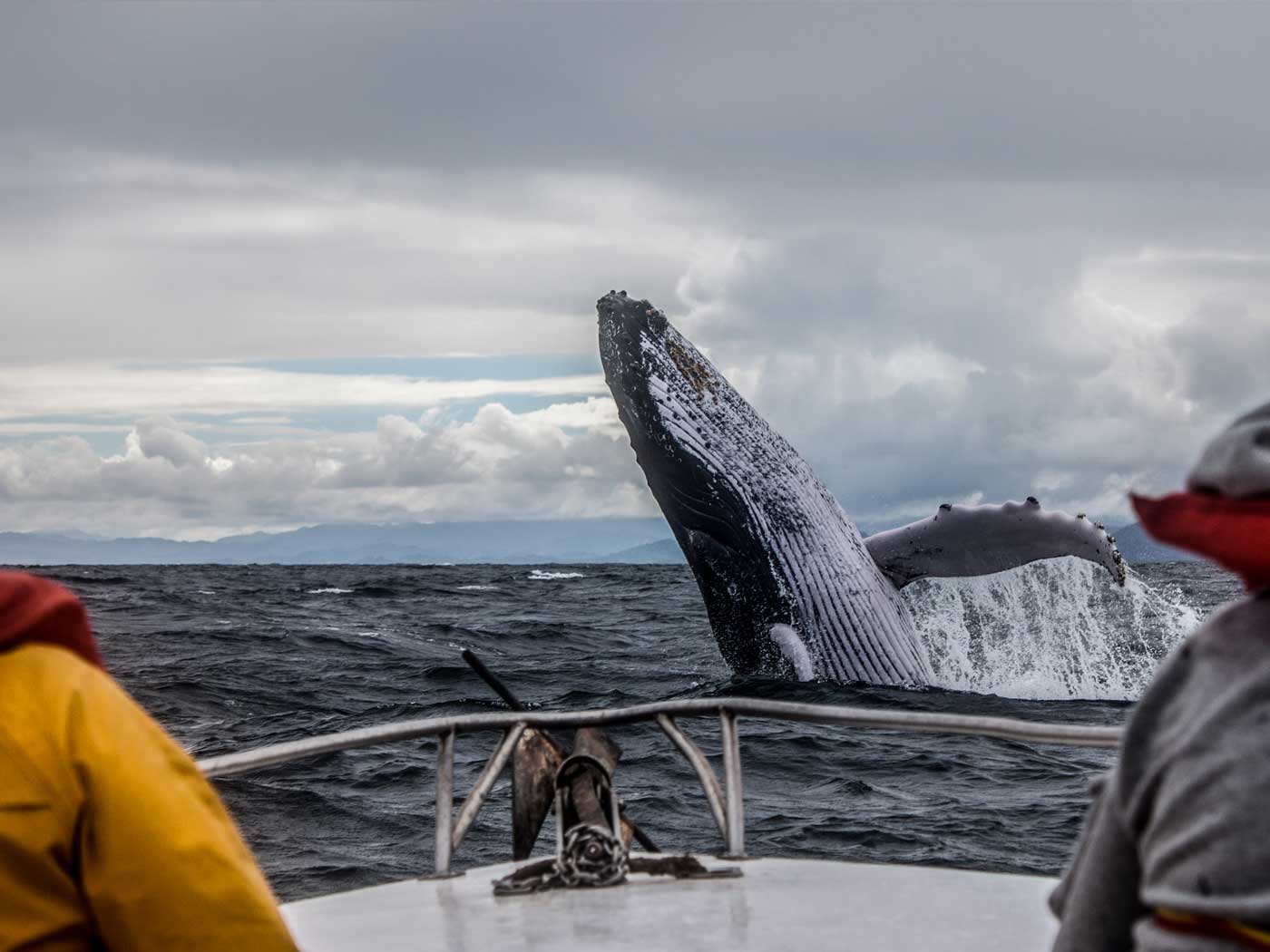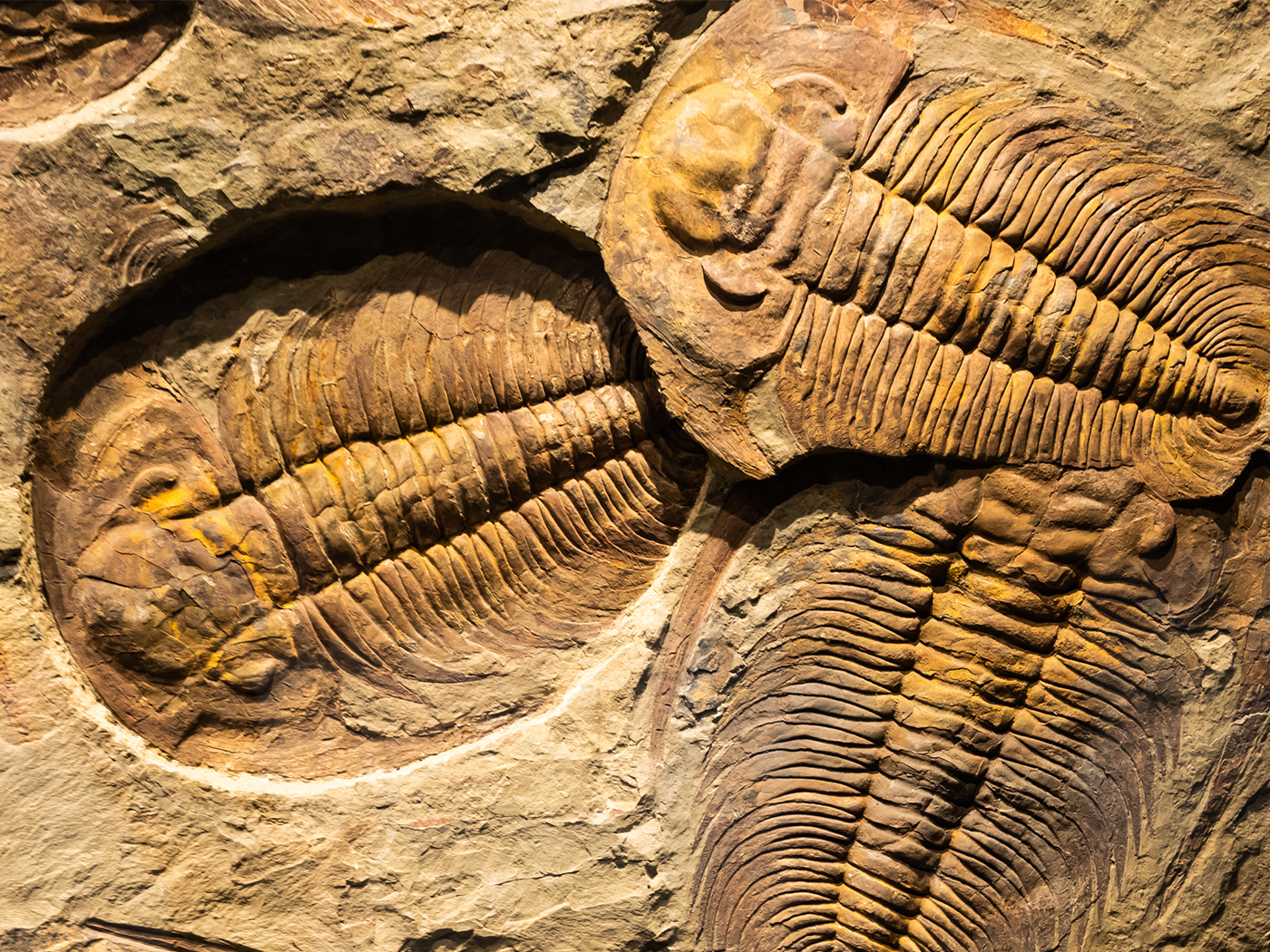In late June, Forbes magazine published an article by environmentalist and climate activist Michael Shellenberger in which he apologized for thirty years of climate alarmism promoted by the environmental movement.
Shellenberger thinks climate change is happening, but he does not think it is the catastrophe that it is often made out to be. In fact, he doesn’t even think it is the most serious of environmental problems. The original article is apparently no longer available on the Forbes.com website, but an archived PDF of his article may be read elsewhere.1 The article is a brief summary of an argument he makes in greater detail in his new book Apocalypse Never: Why Environmental Alarmism Hurts Us All.2
Shellenberger notes that, despite his denunciation of climate alarmism, he is not a “right-wing anti-environmentalist.”1 He has a long record of environmental activism, starting at the age of 16 when he fundraised for the Rainforest Action Network. He helped save the last unprotected redwood trees in California and has been a strong past supporter of renewable energy sources.1 He is a recipient of Time magazine’s “Hero of the Environment” award.3 He has provided expert testimony to the United States Congress and has been asked to serve as an expert reviewer for the next Intergovernmental Panel on Climate Change (IPCC) report.1
Shellenberger claims that much of the “conventional wisdom” regarding climate change is simply wrong. He also says that in the past he refrained from speaking out against climate alarmism for two reasons. First, he was embarrassed, as he himself had made some of those same alarmist claims. Second, he was afraid to do so, for fear of “losing friends and funding.” In fact, he says that on the few previous occasions on which he did speak out against misrepresentation, he suffered for it.1
This should serve as a wake-up call for those who have naively idolized scientists as objective seekers of truth motivated by nothing more than a love for truth and logic. As long-time followers of the creation-evolution controversy well know, scientists—being human—are often motivated by other factors. One simply cannot naively assume that scientists are always objective! In fact, professionals in other areas are often afraid to contradict the “consensus” view, as demonstrated by the recent dramatic resignation letter of New York Times columnist and editor Bari Weiss.4,5
Indeed, evolutionary and old-Earth beliefs, particularly acceptance of the secular Milankovitch (or astronomical) ice age theory, is a major contributor to climate alarmism,6 despite the fact that original ICR research has revealed that evidence for the theory is incredibly shaky, even if one accepts the typical old-Earth age assignments.7
This should be a reminder that only God and His Word should be trusted without reservation. Because we humans are sinful and fallible, we should “test” what others (including scientists) say—including what they say about the subject of origins.
References
1. Shellenberger, M. On Behalf of Environmentalists, I Apologize for the Climate Scare. Forbes. Posted on forbes.com June 28, 2020, accessed at wattsupwiththat.com July 15, 2020.
2. Shellenberger, M. 2020. Apocalypse Never: Why Environmental Alarmism Hurts Us All. New York: HarperCollins Publishers.
3. Shellenberger, M. Contributor Description. Forbes. Posted on forbes.com, accessed July 15, 2020.
4. Weiss, B. Resignation Letter. Bari Weiss website. Posted on bariweiss.com, accessed July 15, 2020.
5. Flood, B. Bari Weiss quits New York Times after bullying by colleagues over views: ‘They have called me a Nazi and a racist.’ Fox News. Posted on foxnews.com July 14, 2020, accessed July 15, 2020.
6. Hebert, J. 2019. Climate Alarmism and the Age of the Earth. Acts & Facts 48(4).
7. Hebert, J. Physics Today Article Ignores Monster Milankovitch Problem. Creation Science Update. Posted on ICR.org May 24, 2020, accessed July 15, 2020.
*Dr. Jake Hebert is Research Associate at the Institute for Creation Research and earned his Ph.D. in physics from the University of Texas at Dallas.

Environmentalist Apologizes for Climate Change Alarmism
The Latest
A “Just-so” Story About Ancient Genes
An evolutionary website recently published “a groundbreaking study” that supposedly identifies a basic, uncomplicated, “simple”...
CREATION PODCAST
Dinosaurs with Bird Brains??? | The Creation Podcast: Episode...
Evolutionists claim that birds are descended from dinosaurs. A feature that is often cited as linking these two types of creatures is the brain....
CREATION.LIVE PODCAST
From Ruins to Revelation: Truths Revealed Through Biblical Archaeology...
The Bible is full of people and places that are seemingly lost to time, but through the field of archaeology, new finds are shedding light on the incredible...
Bergmann’s Rule Falsely Refuted
A recent study of dinosaur sizes claims to break Bergmann’s rule.1 Bergmann’s rule was named after biologist Carl Bergmann, who...
New Shark Fossil from Arkansas
The fossil record contains a plethora of shark teeth, but fossilized shark skeletons are exceptionally rare. When they are found, though, they are always...
Photosynthetic Proteins Power Plants
Some scientists think the photosynthetic process is all but figured out since the discovery of more details regarding the place, assembly, and function...
CREATION PODCAST
Uncovering the Secrets of Earth's Oceans | The Creation Podcast:...
The oceans cover most of our planet's surface. Uniformitarians claim the oceans are nearly 4 billion years old, but the evidence says otherwise.
Host...
A Giant Ichthyosaur: Largest Ever Marine Reptile?
Paleontologists have discovered portions of a giant ichthyosaur’s lower jawbone on Blue Anchor Beach at the southern entrance to the United Kingdom’s...
New Titanosaur Species Discovered in Uruguay and Argentina
The pre-Flood world had some truly massive dinosaurs, and the largest of them were in the group Sauropodomorpha.1 Within this group were...





































